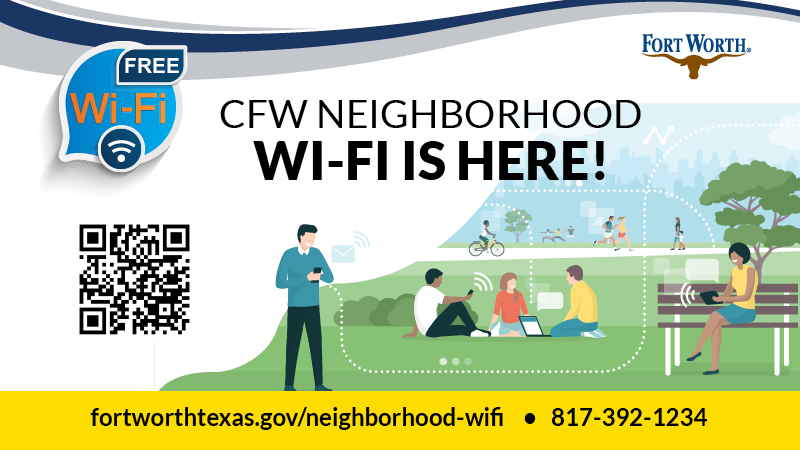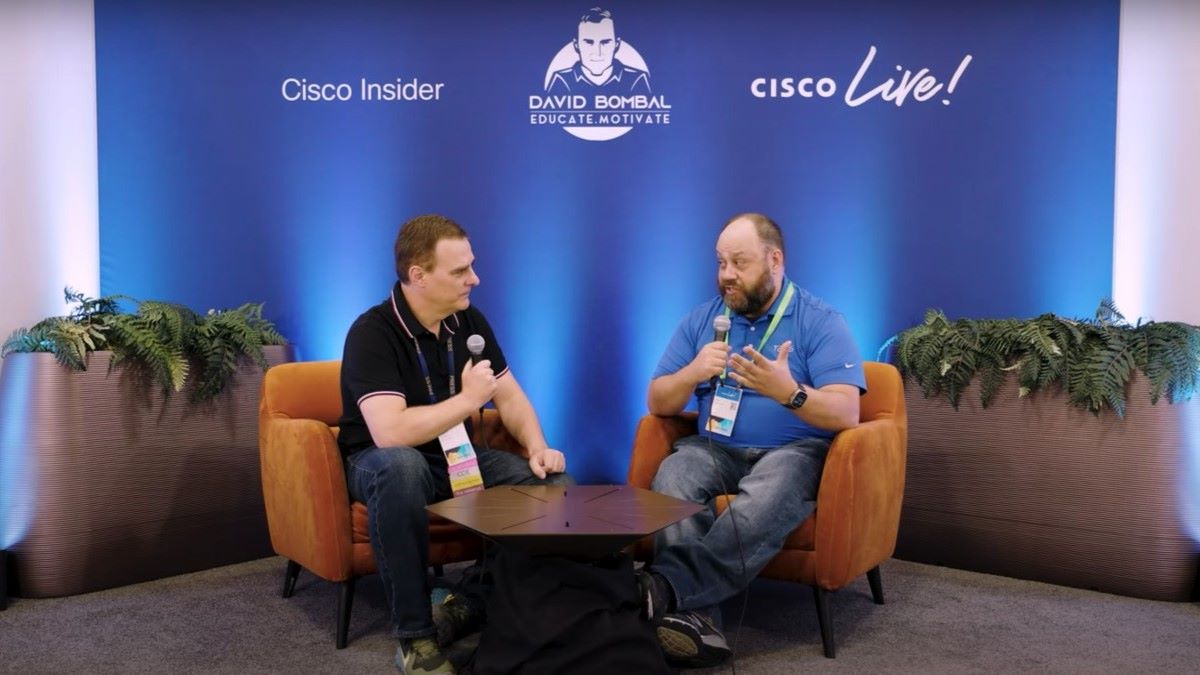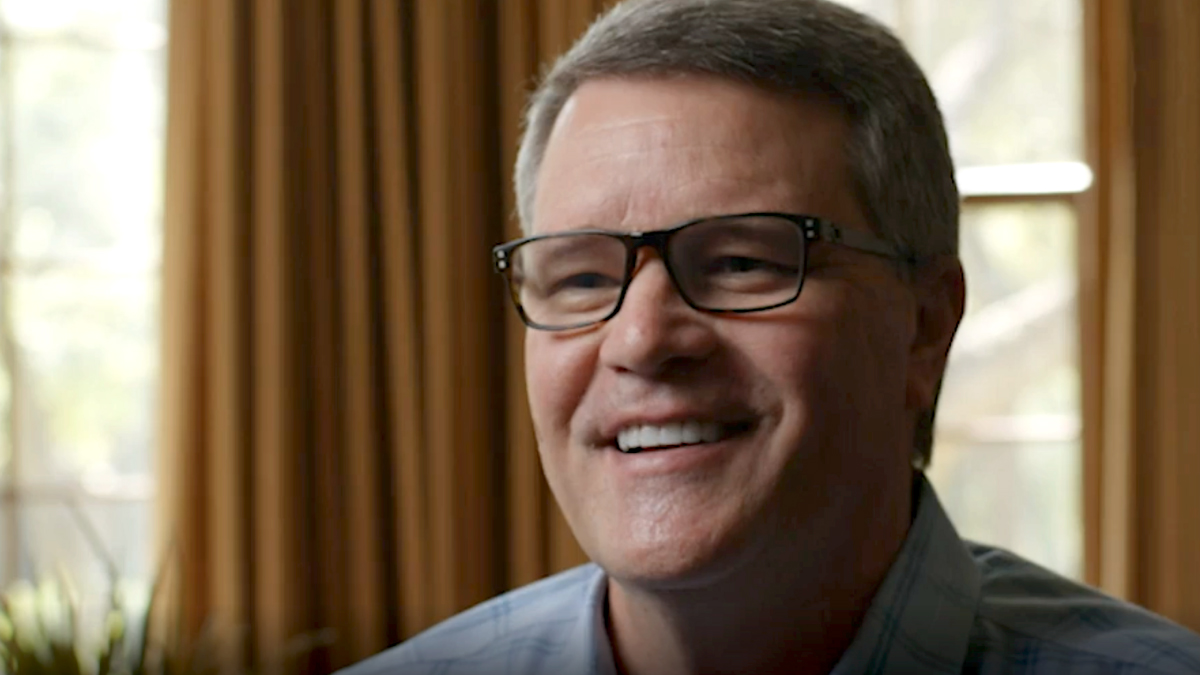BARCELONA (Spain), March 1st, 2012 — The Mayor of Barcelona, Xavier Trias, and the Cisco Chairman and CEO, John Chambers, announced a strategic collaboration agreement today to launch a number of strategic initiatives aimed at advancing the City of Barcelona's objective of being a global reference model for sustainable urban development.
As an extension of the ongoing collaboration announced in February 2011 between Cisco and Barcelona Council to help transform the city into a blueprint for modern urban development through Cisco's Smart+Connected Communities platform, Cisco will support the creation of the Barcelona Institute of Technology for the Habitat (BIT for the Habitat); the definition of a new City Protocol; and the development of new technology solutions for next generation of city services.
Key Highlights:
Barcelona Institute of Technology for the Habitat (BIT for the Habitat). The City Council plans to set up a new foundation that fosters innovation in new urban services through new forms of collaboration with private companies.
- The foundation's goals include: fostering competitiveness and research into new services for the economic sectors considered to be strategic for Barcelona and its catchment area, specifically those related to Smart Cities,sustainable growth and urban regeneration. It will also focus on attracting public and private partners for the promotion of these projects and activities in the city of Barcelona and abroad, and encouraging research, development, consulting and education on a worldwide basis in areas related to Smart City development.
- The City Council will also promote association or partnership agreements between the Foundation and other international organizations, such as Metropolis and UN Habitat.
- Cisco will become a Gold sponsor of BIT for the Habitat and will contribute with knowledge in the form of human resources, thought leadership, case studies, foundation fees and networking infrastructure.
- Cisco will collaborate withBarcelona City Council and BIT for the Habitat in the definition and development ofa new City Protocol, which aims to become a standard reference model for sustainable urban development.
- Cisco is already a key technology Partner in the iCity project, a EU-funded initiative, led by Barcelona with the goal of fostering open innovation around the next generation of services of public interest.
City Protocol. Barcelona will work towards the development of a new protocol as a blueprint to define what a smart city should be in terms of key processes and indicators.
- The City Protocol will be a city certification system which will enable the measurement of city efficiency and quality through indicators that assess structural, functional, sustainability and social criteria, with the aim of defining projects, processes and policies that promote progress in urban habitats in the short, medium and long term. The City Protocol has the potential to be adopted by any city worldwide and is already endorsed by MIT (Massachusetts Institute of Technology).
- Cisco will collaborate with Barcelona City Council, BIT for the Habitat and other key partners to create this model that will serve as a global reference for governments, municipalities, planners and developers who want to convert their cities into "smart cities". The City Protocol will include white papers, standards, service descriptions and other Smart City models.
- Cisco will focus on developing a technology reference architecture known as the City Cases Methodology that will define the ICT aspects of the Smart City Protocol and will be embedded into the overall City Protocol model.
Next-Generation City Services: Cisco will work with Barcelona City Council and a variety of global and local partners to develop and test new city services through field pilots in Barcelona.
- The initial focus of City Services will be on developing seven pilots and a City Control Room over a common Service Delivery Platform and network architecture:
o Pay per light. Apay per use model for city lighting in which the city pays for lumens as opposed to fixed infrastructure.
o Self-sufficient city blocks for energy. Develop self sufficient energy blocks in cities by determining net consumers and producers and trading energy; develop a holistic map of energy usage in a city.
o Energy monitoring of public buildings. Develop a real time analysis of energy consumption and monitoring for the 2.000 public buildings in Barcelona
o Improve rain water use. Maximize the collection and use of phreatic water and rain water in the city.
o Smart bus network. Develop network model for tracking new bus routes in the city and provide real time bus information to citizens.
o Smart Parking for the city. Integrated parking solution for the city that incorporates sensors to provide real time visibility into open parking spaces in the city. Create new business models relating to public parking.
o The Internet of the neighborhood. Promotion of social interaction by managing new relations between citizens, things and spaces, through the use of embedded information systems.
- Cisco's collaboration on City Services and the BIT for the Habitat Foundation will be coordinated from the new Cisco Innovation Center that will be established in the new Smart City Campus located in the 22@ district of Barcelona in the next few months. The Innovation Center will:
- Have resources to design, incubate and develop and prove out these pilots in a live implementation in the city.
- Develop a new Urban Platform Reference Architecture to support new and existing City services, being a City-wide, pervasive, physical network infrastructure the key enabler for this platform.
- Be supported with state-of-the-art network collaboration tools with the capacity to connect Barcelona with other technological innovation centers in the world.
- Be staffed by Cisco and partner resources based on the required work.
Supporting Quotes:
- Mayor of Barcelona, Xavier Trias: "Barcelona has a strong commitment to become a smart city and a show case for the rest of the world in sustainable urban development. Our collaboration with Cisco, its partners and third parties will allow us to enhance citizens' quality of life and reduce the cost of government operations while revitalizing our whole community and creating long-term economic growth through high-tech innovation and entrepreneurship".
- Cisco Chairman and CEO, John Chambers:"When governments and businesses work together in partnership, there is unique opportunity for innovation and growth. Through their 2020 Vision, the City of Barcelona is seizing this opportunity to use technology to drive economic and social transformation and become a model for the world. I commend Barcelona for their initiative and am proud to have Cisco as a key partner in this effort."
- Deputy Mayor for Urban Habitat Barcelona City Council, Antoni Vives: "Barcelona is becoming the first city to measure the degree of sustainability and capacity to generate a higher-quality of life for its citizens. This recipe for what a smart city should become will be used not only to merge urbanism, ecology and IT to optimize city services, but also generate new revenue streams for service providers and cities around the world".
- Barcelona Chief Architect, Vicente Guallart: "The city protocol" will promote the new economy of city innovation, by defining clear rules and principles about how to regenerate and create cities. It will be jointly developed by cities, companies, universities and organizations that will work togheter in order to define a new open global standard".
- Jordi Botifoll, senior vice-president of Cisco for the South of Europe:"Growth, overcrowding, budget constraints and inadequate infrastructures are putting increasing pressure on cities, states, and countries. Transforming the way these spaces are designed, built and renewed is key to ensure economic, social and environmental sustainability. Barcelona and Cisco share a unique and innovative vision and strategy to address this challenge adopting a global model for 21st-Century cities".
- Anil Menon, president, Globalisation and Smart+Connected Communities for Cisco:"The Smart+Connected Communities initiative brings together a broad portfolio of partnerships, products and solutions using the network as the platform to converge different systems, protocols and services that will create significant opportunities for productivity, growth and innovation".
Additional resources:
- More information on Cisco's Smart+Connected Communities initiative
http://www.cisco.com/go/smartconnectedcommunities
- More information on Cisco's Unified Services Delivery Platform (SDP):
http://newsroom.cisco.com/press-release-content?type=webcontent&articleId=460192
- Video series on Cities of the Future: http://newsroom.cisco.com/songdo
- Join us on Facebook: http://www.facebook.com/CiscoSCC
- Follow Cisco Smart+Connected Communities on Twitter: http://twitter.com/CiscoSCC
About Cisco
Cisco (NASDAQ: CSCO) is the worldwide leader in networking that transforms how people connect, communicate and collaborate. Information about Cisco can be found at http://www.cisco.com. For ongoing news, please go to http://newsroom.cisco.com.
# # #
Cisco and the Cisco logo are trademarks or registered trademarks of Cisco and/or its affiliates in the U.S. and other countries. A listing of Cisco's trademarks can be found at www.cisco.com/go/trademarks. Third-party trademarks mentioned are the property of their respective owners. The use of the word partner does not imply a partnership relationship between Cisco and any other company.






